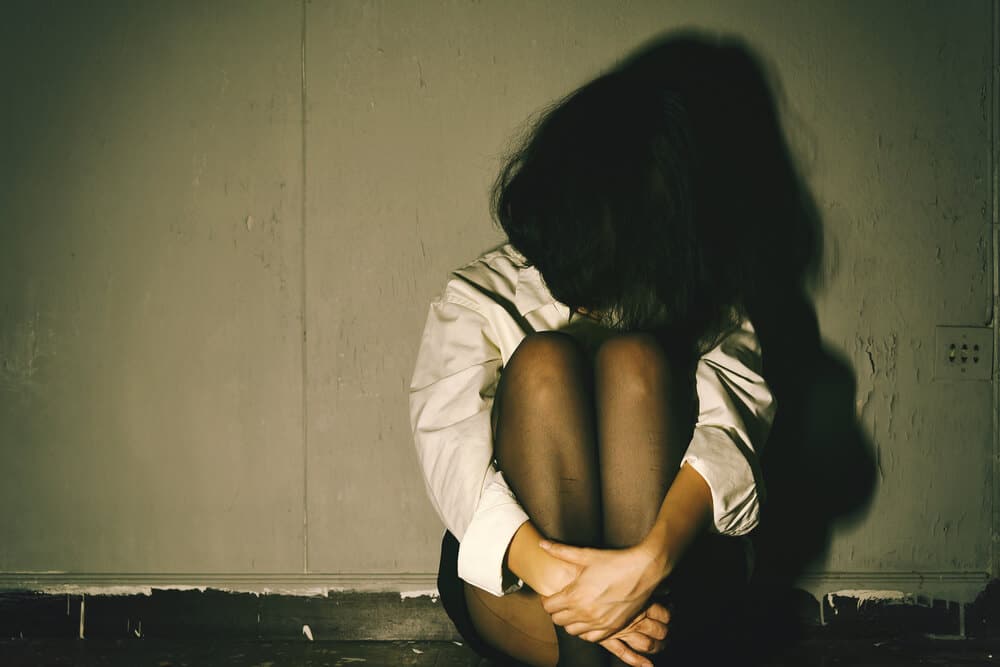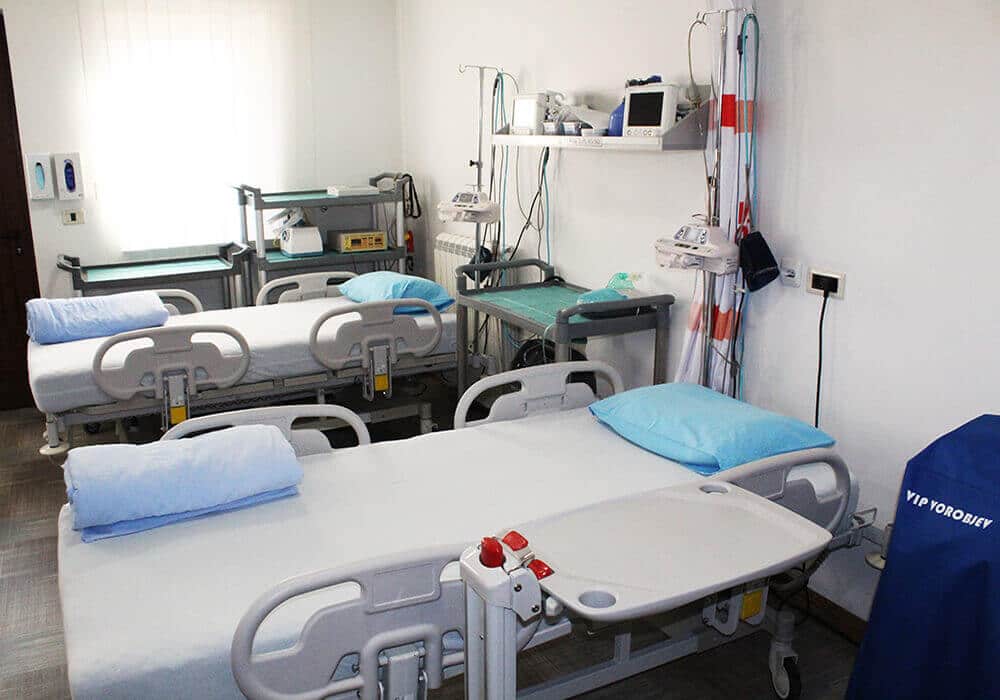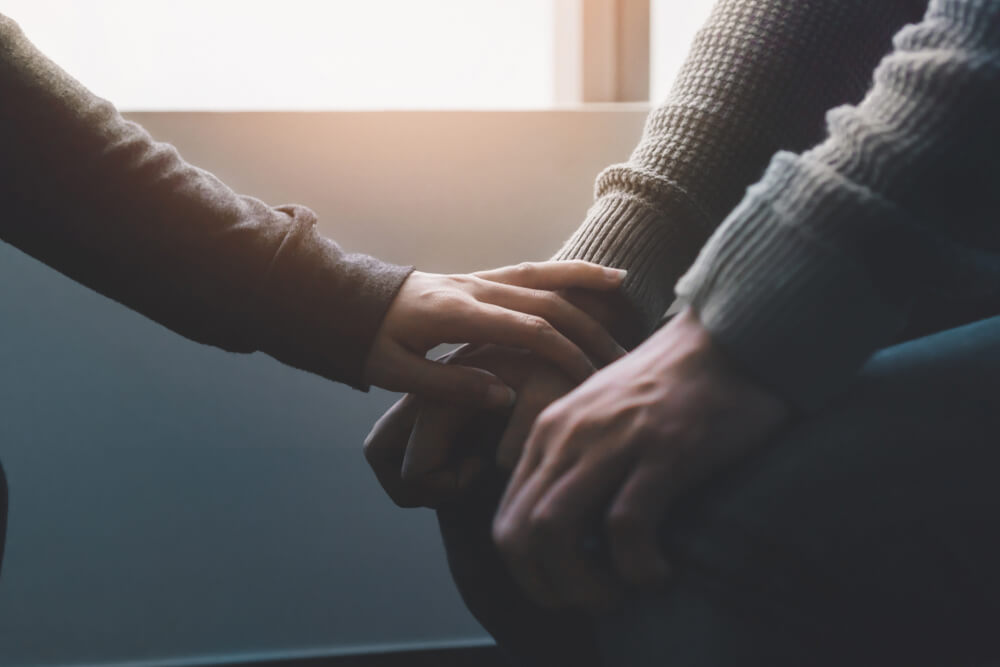Drug addiction is a severe, chronic and complex disease. People struggling with addiction and suffering from the disease have a compulsive and uncontrollable desire to consume addictive substances. The characteristic trait of addicts is that they will continue to search for and use drugs and other opioids, despite the extremely negative consequences that result from their use. And no matter how devastating the consequences for the life and health of the addict may be, the situation is not hopeless. In these cases, it is necessary to carry out the treatment of addict and subject him or her to adequate medical treatment.
The beginning of consuming psychoactive substances is usually associated with curiosity or a desire to fit in and have a good time, while, on the other hand, some people consume different types of opiates, drugs, or opioids to handle their own problems more easily, such as stress, anxiety, or depression. It is not only use of drugs such as heroin or cocaine that leads to abuse and addiction. Alcohol, although a legal substance, almost certainly causes addiction (alcoholism) if consumed frequently for a relatively long period of time. Painkillers, sleeping pills, and other tranquilizers can also cause addiction.
In any of the above cases, treatment of addicts in the appropriate clinic is necessary and vital. It is the only possible and right way to get rid of addiction once and for all.
Treatment of addicts – When does drug consumption grow into addiction?
Addiction, as such, is defined as the psychological and physical inability to stop consuming drugs and other psychoactive substances, regardless of the psychophysical and social harm they cause. Considering this, drug consumption and use, however illegal and harmful, should not be equated with addiction. However, it is true that, in most cases, the use of psychoactive substances is the first but fatal step that leads to the development of addiction.

Drug problems can affect any person – regardless of gender, age, origin, property. Addiction development is less associated with the type, quantity or frequency of psychoactive substance use. Namely, the effects that the drug causes on the consumer indicate whether and to what extent the person has become addicted. That is why there are certain characteristics, or indications, that clearly indicate that drug use has grown into addiction. Among other things, these include:
- Excessive use of drugs, despite attempts to quit;
- Great and uncontrollable craving for a psychoactive substance;
- Reduced control over own actions;
- Continued use of narcotics despite mental, physical and social problems;
- Inability (or reduced ability) to identify behavioral and interpersonal problems;
- Dysfunctional and unrelated emotional reactions.
How to tell if someone is an addict
Recognizing the signs of addiction is the first logical step to approach addiction treatment and adequate medical therapy at all. The symptoms of substance abuse are very diverse. That is, they vary and depend on the individual, personality traits, social circumstances, type of drug, length of consumption, family history and the like. Regardless of whether it is heroin addiction, cocaine addiction, alcohol addiction, gambling addiction, or any other type of addiction, all addiction symptoms can be divided into three different groups.
We are talking about psychological, social and physical symptoms that should never be ignored.
Symptoms (signs) of addiction
Psychological symptoms of addiction are, as the word implies, certain psychological problems and complications. In the first place, it is the inability to stop consuming the drug. Another psychological problem that is a clear sign that a person is addicted is drug abuse despite all possible health problems. Moreover, the addict has a desire to use psychoactive substances hoping they will cope with their problems in this way. Obsessiveness, getting into risky (often criminal) jobs, and spending more and more time and energy on finding ways to get the psychoactive substance is a clear psychological symptom of addiction. Lack of motivation, sudden mood swings, outbursts of anger, anxiety or paranoia, and even suicidal thoughts are also psychological symptoms.

Social symptoms of addiction refer to disturbed addict’s relationships with his or her environment (family, friends, partner). Among other things, these symptoms include giving up some hobbies or activities that previously (before addiction) brought them pleasure. Moreover, the addict often consumes the psychoactive substance in strict discretion or secrecy. A characteristic social sign of addiction is denying the existence of the problem itself and, consequently, the need for treatment. Problems with the law, possession of drug supplies and financial problems are just some of the indicators of addiction.
Physical symptoms of addiction affect a whole host of body functions. Drug consumption necessarily leads to a change in appetite and, consequently, to a change in weight. For example, consuming marijuana increases appetite while using cocaine reduces it. Withdrawal resulting from physical signs of addiction can cause diarrhea, constipation, uncontrollable shivering, insomnia, impaired movement coordination, and the like. Deterioration in physical appearance, red eyes, high blood pressure, respiratory problems, dilated or narrowed pupils are also some of the physical symptoms of addiction.
All these symptoms or signs indicate that treatment of addict is necessary.
Psychoactive substance addict treatment – What are the consequences of addiction?
To put it simply – drug is a substance that affects the whole body and the brain, leaving devastating consequences. Moreover, some of the consequences can be not only long-lasting but also lasting. That is, drug effect can be prolonged, even if one stops with consuming it. This happens in extreme situations and if the addict did not receive adequate medical treatment on time.
Drugs, primarily, target the reward system in the brain, stimulating the secretion of dopamine and serotonin (happiness hormone). In those moments, the person feels relatively intense pleasure, depending on the type of drug. In the case of long-term (ab)use of psychoactive substances, the brain becomes accustomed to artificially elevated levels of dopamine and serotonin. It is for these reasons that addiction and tolerance to drug develop, causing craving to consume as much substance as possible.
All the consequences or effects of addiction can be divided into short and long term. No matter how long they last, the effects of addiction are extremely damaging and far-reaching. They include weakened immune systems, cardiovascular problems, nausea and abdominal pain, as well as liver damage. Moreover, memory problems, fever, lung disease and stroke are also just some of the physical consequences of addiction. By far the most serious and fatal consequence of addiction is death.
On the other hand, some of the psychological consequences of addiction include paranoia, depression, aggression, hallucinations, impulsivity, loss of self-control, irritability and the like. However, the good news is that the treatment of addicts is certainly possible and feasible.
Recovery from any type of addiction is possible!
As we can conclude, addiction, in whatever form and type, has devastating effects on the health and life of the drug user. In order to minimize, reduce and prevent these effects, treatment of addicts, under the supervision of physicians and other medical staff, is a basic and primary thing to do. Luxurious VIP Vorobiev hospital offers the most modern, safe and painless treatments for addicts that guarantee the success of treatment in the shortest possible time.

In our clinic, the procedure for the treatment of addicts always begins with a thorough diagnostic examination that includes a urine test, hepatitis B and C tests, an HIV test, a general blood test, and an ECG examination with an internist. After determining the patient’s psychophysical condition, painless detox follows which significantly speeds up the complete cleansing of the body from the psychoactive substance. It is at this stage of treatment for addicts that the withdrawal is prevented (or mitigated) and the balance is restored. An integral part of the treatment of addicts is the treatment of psychological addiction, which aims to completely eliminate the desire, craving and need for drugs.
Through the processes of psychotherapy, physiotherapy and occupational therapy, a team of our experienced medical experts help patients regain complete mental and physical control over their lives. The most up-to-date and innovative treatment methods for addicts include addiction treatment with Ibogaine and revolutionary ayahuasca treatment.
What sets VIP Vorobiev clinic apart from others is that we provide every patient with complete post-treatment support. In this way, through a continuous health monitoring procedure, we encourage the patient to maintain a healthy life pattern.
At VIP Vorobiev clinic, addiction to any psychoactive substance will only become your distant past!


